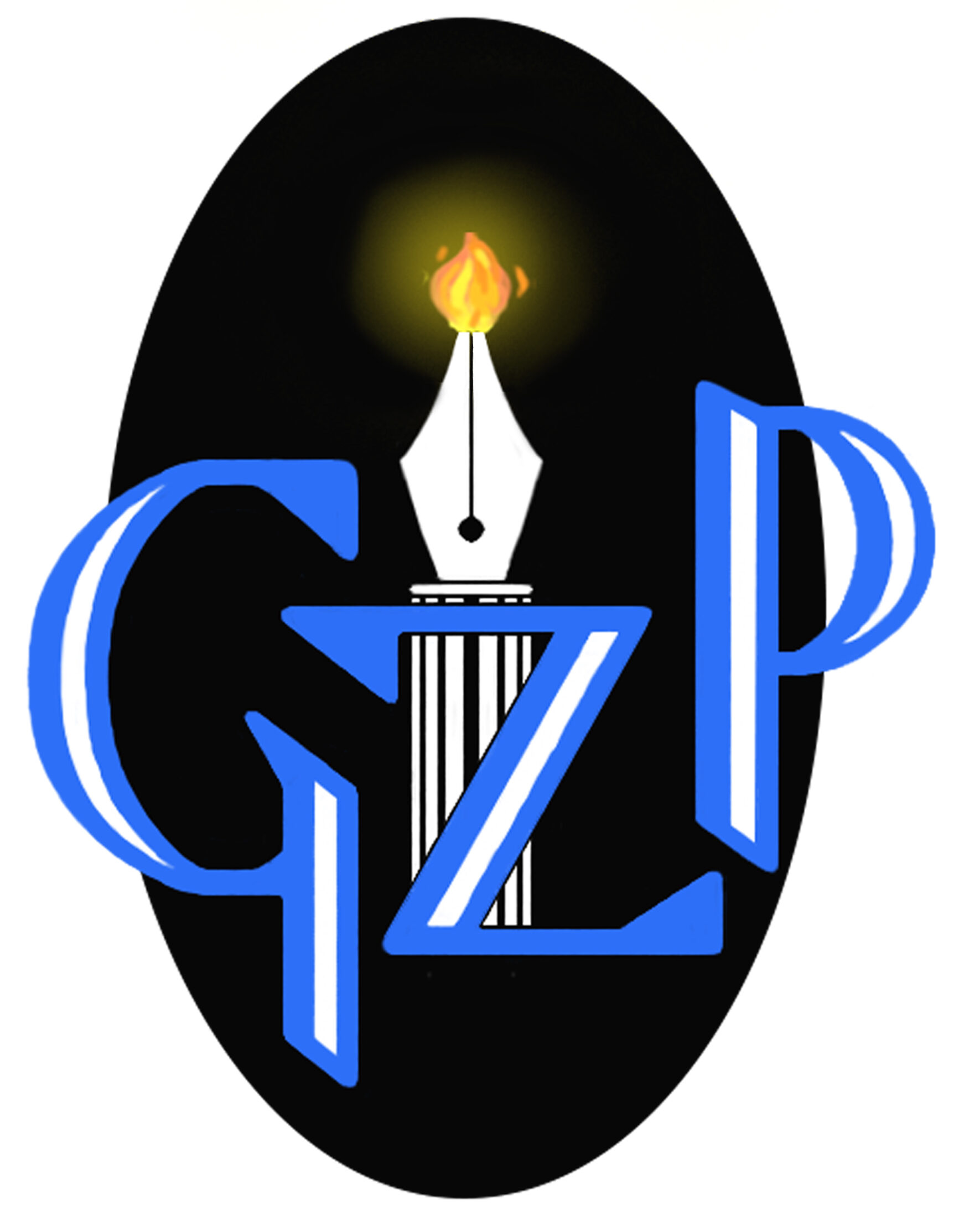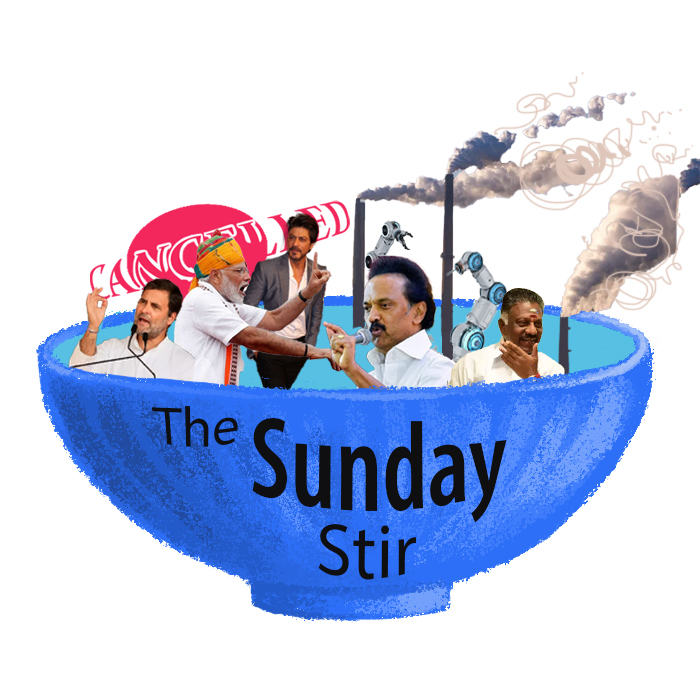When President Droupadi Murmu visited Chennai on Friday, Chief Minister M K Stalin personally handed over a letter urging her to approve to the anti-NEET bill passed by the state assembly to ban NEET permanently in the state, while seeing her off at the Chennai Airport.
A few days before that, the ruling DMK launched a mega signature campaign across TN against NEET, the common medical entrance examination with the intent of garnering at least fifty lakh signatures with much fanfare.
A day or so later, a man was arrested for hurling at Molotov cocktail at the Raj Bhavan, which fell just short of the front gates of Governor’s residence. Upon inquiry, the man allegedly claimed to the police that he threw the missile at the Governor’s to protest against the centre’s reluctance to ban NEET.
Yet again, the common medical entrance examination that was introduced in TN during the year 2017 has begun to hog the limelight. Ironically, seven years after the common medical entrance test was introduced in the state, the political volatility of NEET remains as potent if one were to go by these developments.
A man was arrested for allegedly hurling at Molotov cocktail at the Raj Bhavan, which fell just short of the front gates of Governor’s residence.
The DMK’s opposition to a common medical entrance examination began way before 2017 when it was first introduced in the state. DMK patriarch M Karunanidhi had opposed NEET way back in 2010, just a year after the Medical Council of India proposed a common entrance exam for medical aspirants when his party was an ally in the Congress government. Since then, the party has been consistent in their stand that a common medical entrance could only be detrimental to TN medical aspirants.
in 2017, a few months after the first NEET-based admissions were given in medical colleges across the state, an 18-year-old girl from Ariyalur district, S Anitha, who scored 1176 out of 1200 had committed suicide as she could not clear NEET and thus, denied a medical seat despite scoring such good marks. The tragic death of a bright government school student shocked the state polity forcing almost all major parties to unanimously oppose NEET in the state. Since then, over 20 students are reported to have killed themselves as they couldn’t clear NEET.
The AIADMK — when they were in power — had also opposed the common medical entrance exam and passed similar legislations to ban NEET in TN but could achieve nothing. When their efforts to ban NEET failed, the AIADMK government in 2020 introduced a 7.5 per cent reservation for government school students in medical admissions to ensure that students from humble backgrounds who did not have the luxury of attending expensive coaching classes also stood a chance to become a doctor in the state. The state government also began free NEET coaching classes across the state for government school students who wished to prepare for the medical entrance exam.
The AIADMK — when they were in power — had also opposed the common medical entrance exam and passed similar legislations to ban NEET in TN but could achieve nothing.
Banning NEET was a part of the election manifesto of the DMK ahead of the 2021 polls. The party, when it came to power, wasted no time in passing the anti-NEET bill or the Tamil Nadu Admission to Under Graduate Medical Degree Courses Bill to do away with the national common entrance test. The Bill, however, was sent back to the state assembly by the TN Governor. The state government passed the Bill once again in February 2022 and returned it to the Governor. The proposed changes in legislation have been for the President’s assent since.
When NEET was first introduced in TN in the year 2017, only two of the 2,503 MBBS seats in 22 medical colleges across the state went to government school pass outs. In 2018, the number of government school students who secured an MBBS seat increased to four out of the 2,447 seats in 22 colleges cross the state. There wasn’t much of a rise in the number of admissions for the next couple of years either until the 7.5 per cent reservation came into effect. But, the number of government students getting medical seats has increased significantly since then.
In 2020, a total of 435 students from government and government-aided schools got admitted for MBBS and BDS courses in colleges across the state. This number increased to 555 in 2021 and 584 in 2022. The overall scores have also increased substantially since NEET was first introduced in the state as students have learnt to cope with the strenuous preparation necessary for cracking the examination.
In 2020, a total of 435 students from government and government-aided schools got admitted for MBBS and BDS courses in colleges across the state. This number increased to 555 in 2021 and 584 in 2022.
According to the provisional list put out by the state medical admissions committee in September this year, a total 625 students have by offered seats under the 7.5 per cent reservation for government and government-aided school students. The final numbers, which are not yet out, could be higher this year, claim experts.
In this scenario, does the campaign to ban NEET in TN merit serious consideration any more is a question politicians need to seriously ponder over especially considering the limited options available to the state.
As the Opposition was vociferous in pointing out, the DMK government has reached the halfway mark and yet no significant step has been taken to ban NEET apart from the legislation passed more than a year ago. With limited legal options left to pursue for state governments with the respect to legislations waiting for Presidential assent, the DMK government can only hope for a regime change at the Centre in 2024 for their struggle to ban NEET to bear any fruit.
Even if the INDIA alliance manages to come back to power, the DMK would have a difficult time convincing the centre as just a handful of states have been opposing the common medical entrance examination including Andhra and West Bengal since it was first proposed.
With a majority of states in favour of NEET and the proposal for such a common entrance exam actually dates back the Congress government, even the possibility of an alternative government at the centre supporting DMK’s demand for banning NEET also appears bleak, at least for now.
The DMK and Stalin should spell out a clear cut plan, if they have one, to legally challenge NEET or they should stop misleading aspiring medicos in the state and instead equip them to fare better in the exam.


